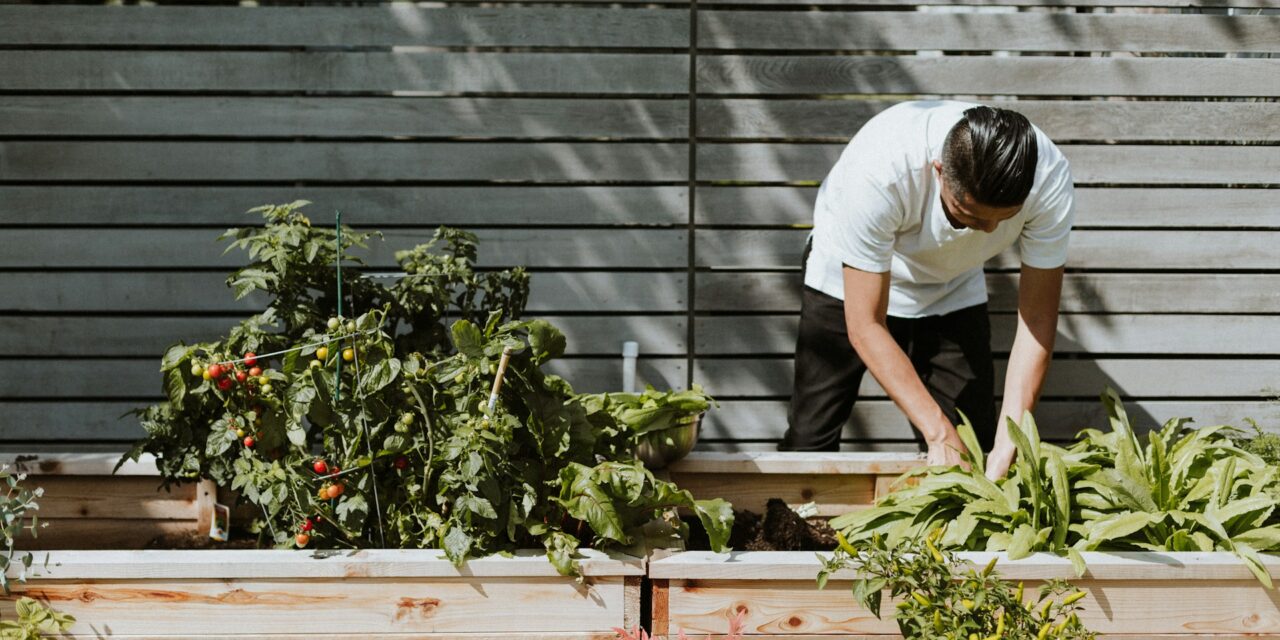Keeping a garden tidy and well-maintained can generate a surprising amount of waste. From leaves and grass clippings to branches and hedge trimmings, managing this material effectively is key to maintaining a healthy outdoor space. With the right tools, garden waste disposal becomes a much easier and more efficient task. Whether you want to compost, shred, or bag your waste for collection, having the appropriate equipment on hand will save you both time and energy.
One of the first and most essential tools for managing garden waste is a high-quality garden shredder. These machines are designed to break down twigs, branches, and hedge cuttings into small, manageable pieces. Shredded material is easier to compost or dispose of and takes up far less space than whole branches. Many gardeners also use shreddings as mulch, which can help retain soil moisture and suppress weeds. When choosing a shredder, consider the power rating and whether it can handle the thickness of branches you regularly cut. For most home gardens, an electric shredder will be sufficient, but for larger or more demanding jobs, petrol-powered models may be more appropriate.
Another must-have is a durable garden rake. Rakes are invaluable during seasonal clean-ups, especially in autumn when leaves are falling in abundance. A good-quality rake with flexible tines can gather leaves, grass clippings, and light debris without damaging your lawn. Some models come with adjustable heads or ergonomic handles for added comfort. Once collected, leaves can be bagged, added to a compost heap, or used as leaf mould, which is an excellent soil conditioner.
For smaller waste like weeds and soft plant trimmings, a garden waste bin or compost bin is essential. Composting not only reduces the volume of waste that needs to be collected or transported but also provides a free and sustainable source of organic material for your garden. Compost bins come in various sizes and styles, from simple open piles to enclosed rotating barrels that speed up decomposition. Whichever you choose, make sure it’s placed in a spot with good drainage and access to sunlight, which helps activate the composting process.
Wheelbarrows and garden carts are other invaluable tools for moving large quantities of waste. Whether you’re transporting shredded material, full bin bags, or compost, a sturdy wheelbarrow can save countless trips back and forth. Look for one with a puncture-proof tyre and a comfortable grip. Folding carts are a good alternative for smaller gardens with limited storage space.
For lawn clippings, leaf blowers and vacuums can make short work of cleaning up. Many modern models have a built-in shredder function that chops up leaves as you collect them, reducing the volume and making them easier to compost or dispose of. Electric models are quiet and lightweight, ideal for residential areas, while petrol versions offer more power for larger spaces.
When it comes to disposing of heavier materials like tree limbs or large bushes, a pruning saw or chainsaw becomes important. Pruning saws are ideal for precision cuts on small trees or shrubs, while chainsaws are better suited for thick branches and logs. Safety should always come first, so make sure you use the correct protective gear when operating any cutting tool.
In the middle of all these options, it’s worth noting that sourcing the right tool can be just as important as using it. A trusted supplier like Garden Machinery Direct offers a wide selection of reliable, professional-grade equipment tailored for every type of garden task. Whether you’re a casual gardener or a professional landscaper, having access to expert advice and well-reviewed products can help you choose tools that last and perform well season after season.
Storing your tools properly is also essential to maintaining their effectiveness. Keeping items clean, dry, and well-maintained extends their lifespan and ensures they’re always ready for the next job. Wall-mounted racks, storage sheds, or even simple hooks can go a long way in organising your workspace and reducing clutter.
Efficient garden waste management isn’t just about cleaning up — it’s about turning a byproduct of gardening into a resource. Whether it’s compost to nourish your soil, mulch to protect your beds, or simply keeping your outdoor space looking its best, the right tools make all the difference. By investing in quality equipment and maintaining it properly, you’ll streamline your gardening efforts and contribute to a healthier, more sustainable environment.


















